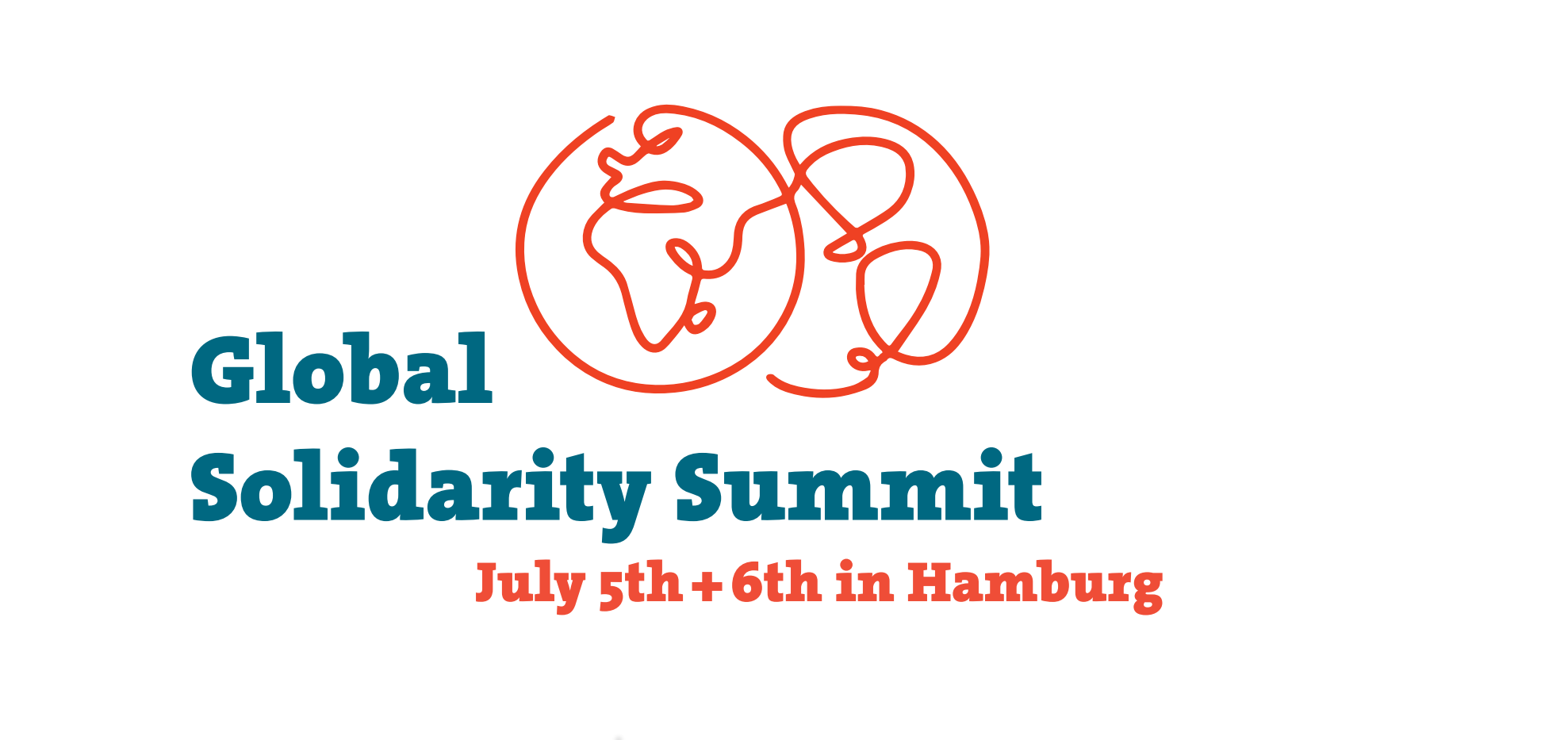How to sell degrowth is one of the questions of our research and communication project Postwachstumspioniere at the Institute for Ecological Economy Research. In the paper "Successful non-growing companies", Andrea Liesen, Christian Dietsche and myself are discussing motives and strategies that seem to apply to a variety of non-growing companies. We found that small and medium-sized companies (SMEs) very well distinguish between traditional growth in numbers and growth in qualities: not more but better appears to be a dominant management philosophy. If that is the case for a company, serveral characteristics might follow that are advantageous for the transition to a post-growth economy: a switch to repairability and services in producing companies, an increase in efficiency coupled with no sales growth to avoid rebound effects, the highlighting of product and service quality as well as qualities of work, life, and relations, and a strong collaborative and transformative claim. Nevertheless, non-growth of SMEs does by no means always point to a proactive post-growth strategy and respective social-ecological contributions.
Sarah Netter argues in her paper "Availability cascades & the sharing economy – A critical outlook at collaborative consumption" that we are to fast in accepting new concepts that will not only provide business opportunities but also a good conscience. She adds that there are still many open questions about the sharing economy: Is there really a high potential for sharing economies on the market? Do we maybe overestimate their contribution to a sustainable development? She outlines that those success factors of the sharing economy - like combining feel-good elements with business opportunities - at the same time bear a high risk of washing out the very basic idea of collaborative consumption possibly even leading to its downfall.
Valerio Verrea studied the Fair Trade market and identified an ideal type of alternative trade organisations (ATOs) that show a more effective and stable social and ethical performance than conventional businesses and even other fair trade organisations. In his paper "Fair Trade Alternative Organizations as a degrowth-friendly business model" he describes the characteristics of such an alternative entrepreneurial model and the social and structural features supporting it. He concludes that - against the shortcomings of other (fair trade) business models - ATOs demonstrate ways to escape the profit constraints of the dominant market system while at the same time blending social and economic value.
During the fruitful discussions in the workshop How to sell degrowth: Business models I we had a consensus that from a post-growth perspective there is much to learn from SMEs, shareconomy entrepreneurs and fair trade organizations but that we have to pay more attention to their side effects, especially when they are scaled and mainstreamed. To avoid watering-down of alternative business models, it seems to be crucial to outline a new and more sharpened narrative of post-growth business. To that end, the comparative study and evaluation of the various alternative entrepreneurial approaches with regard to common features and actual contributions to sustainability and degrowth seems to inevitable.
Comment on this article on the German Blog "Postwachstum"
The arrival of smartphones, self-driving cars and the Cloud are all symptomatic of a profound shift that is re-writing modern society from within: the Fourth Industrial Revolution. New technologies claim to provide answers to a host of problems, but is technology unbound always a force for good? In the first of a three-part series on the Fourth Industrial Revolution, EcoPolítica’s Paz Serra...

Call for participation On 7 and 8 July 2017, the Leaders of the Group of 20 (G20) will meet in Hamburg. This self-styled club of 19 of the most powerful economies in the world and the EU claims to fight global crises. However, reality reveals a different picture: The G20 defends a system that exacerbates social disparities instead of leading policies against deprivation and hunger and...

By Jeremy Cardonna et al, originally published by the Resilience Blog A group known as the “ecomodernists,” which includes prominent environmental thinkers and development specialists such as Ted Nordhaus, Michael Shellenberger, Stewart Brand, David Keith, and Joyashree Roy has recently published a statement of principles called An Ecomodernist Manifesto (2015). Many of the authors of the Ma...